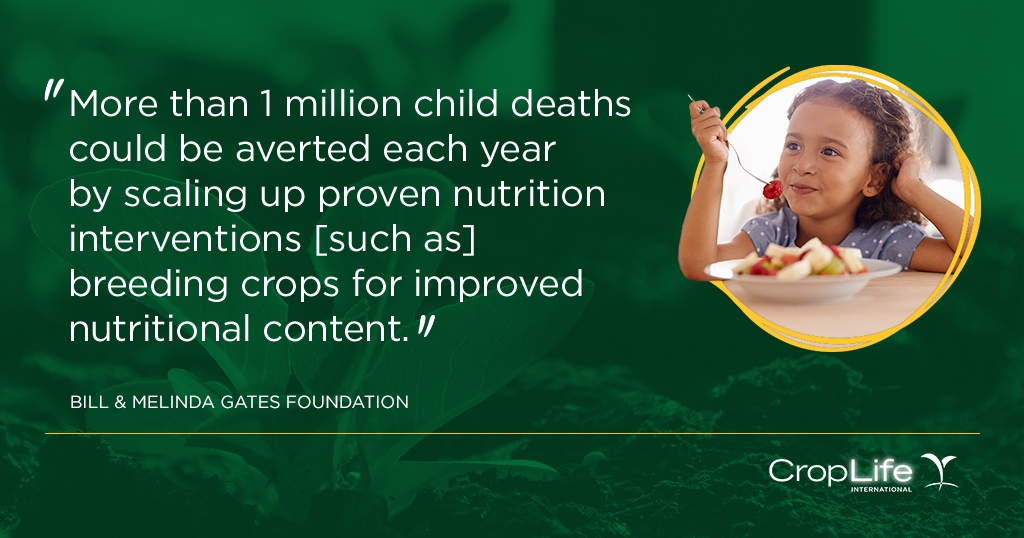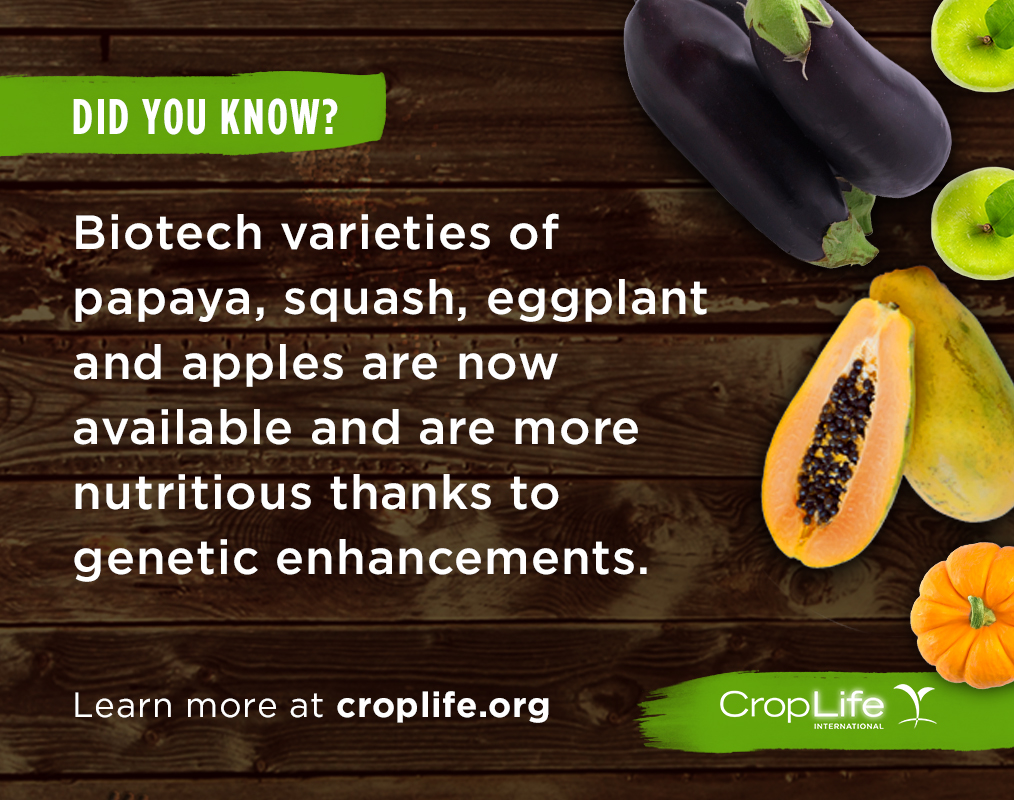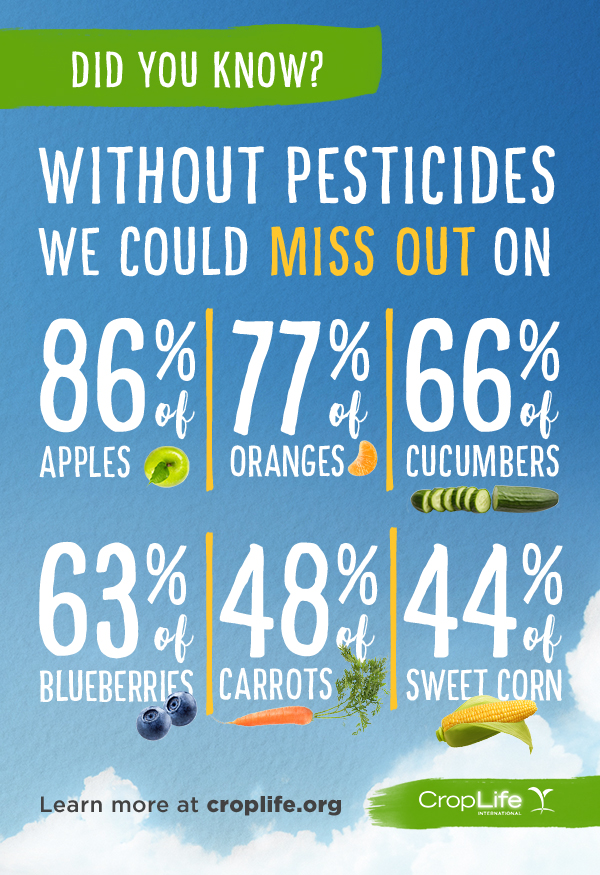MANILA, Philippines – Fresh from his much-applauded valedictory speech at the graduation ceremony of the University of the Philippines in Diliman, Arman Ali Ghodsinia shared what he intends to do after college and his big dreams for the country.
Ghodsinia, a Maranao from Marawi who just graduated summa cum laude in Molecular Biology and Biotechnology at the UP College of Science, said he wants to help build the biotechnology industry in the Philippines.
“I believe (that) in the future, there will be a biotechnology industry here in the Philippines. And I have a lot of brilliant batchmates who I see will contribute well to the science in the Philippines. And together, we will be able to raise the science in the Philippines to the extent that people from other countries will come here to study science,” Ghodsinia said on Rappler Talk on Thursday, June 29.
Such industry does not exist yet in the country, though there are brilliant scientists and students studying the field, Ghodsinia said, citing a UP professor teaching biotechnology enterprises.
Biotechnology, according to the United Nations Convention on Biological Diversity, is “any technological application that uses biological systems, living organisms, or derivatives thereof, to make or modify products or processes for specific use.”
In the Philippines, the field of biotechnology should benefit the agriculture sector, Ghodsinia said, noting that the country hosts world-renowned research centers like the International Rice Research Institute (IRRI) and the Philippine Carabao Center (PCC).
“If we are to focus on something, I’d say that could be one of our priorities – improving our agriculture, because it’s one of our strong points,” the young scientist said.
Giving back to Marawi
The fresh graduate, who got a general weighted average of 1.173, worked on a thesis that tackled “genetic aberrations” that cause cancer and how these affect health outcomes like a patient’s reaction to medicines.
Ghodsinia plans to pursue graduate studies abroad but vowed to return to the country and open his own laboratory.
“And (through) this laboratory, I want to open opportunities for my kababayans (townmates) from Mindanao, from Marawi, and people who come from poor backgrounds to learn stuff in molecular biology as well. In doing so, together, we are able to raise (the level) of science in the Philippines,” he said.
He encouraged other Filipino scientists to do the same and help further develop science and technology in the country.
“You have to have many scientists – Filipino scientists – who are passionate about the country, and those who do not forget their country and are willing to sacrifice amidst all the opportunities abroad,” Ghodsinia said in a mix of Filipino and English.
Ghodsinia called on the government to provide more funds for science education in the country. “This means that you have to have more students who are interested in science,” he said.
‘Children of Mindanao’
In the meantime, Ghodsinia is supporting his sister Farah’s initiative, “Children of Mindanao,” which helps Muslim children access good education.
“We want to raise the awareness that there are certain groups in the Philippines, not only the Maranaos, who are being left behind. We, as scholars of the nation, or anyone in the Philippines, should also look [after] them,” he said.
Ghodsinia’s viral valedictory speech called for peace and compassion as fighting rages in his hometown. (READ: Maranao UP graduate: ‘Magmalasakit sa mga naaapi’)
“Here I am standing in front of you today, as proof that members of minorities like us Maranaos can also do well; and contribute effectively to societal growth if given the same opportunities and rights like many other Filipinos,” he said in his speech.
Ghodsinia’s sister, who also graduated with honors in UP Diliman before taking up law in the same university, is pushing for inclusive education and development in the country.
“It’s difficult to have that if the war consistently persists. You see these individuals actually crying and suffering – they don’t deserve it,” Farah said on Rappler Talk.
According to the Department of Social Welfare and Development (DSWD), more than 83,500 families or 385,000 people from Marawi City have so far been displaced by the month-long clashes between government troops and local terrorists.
This article was written by Voltaire Tupaz and published at Rappler.com. You can view the original article here.





